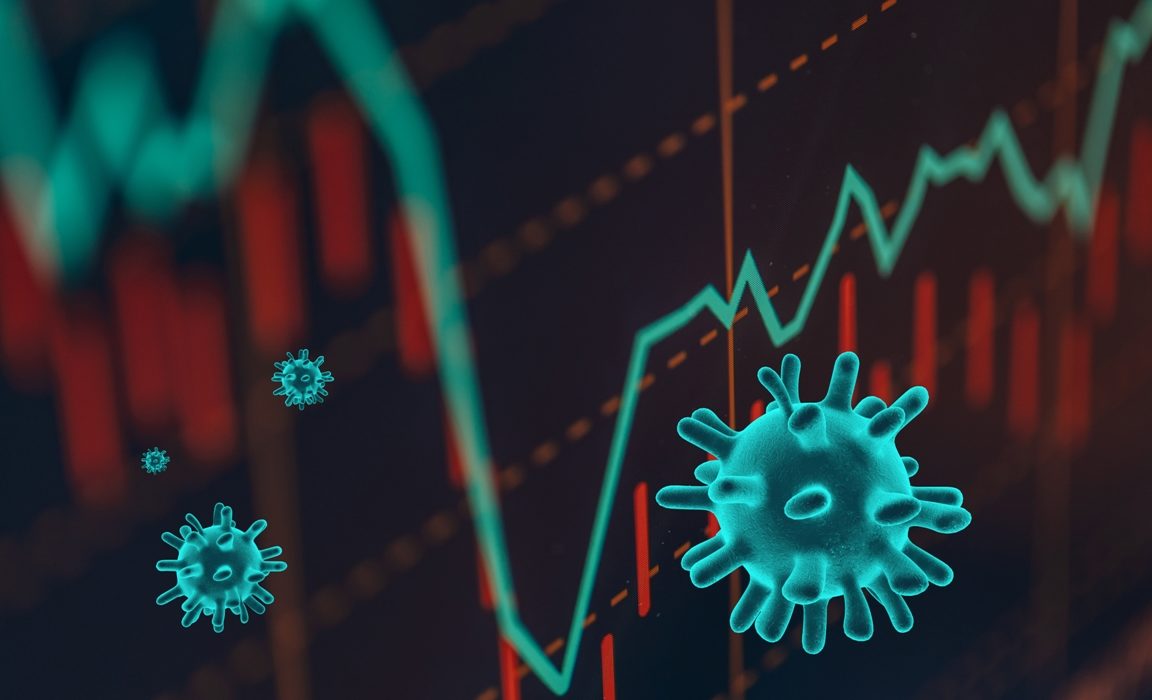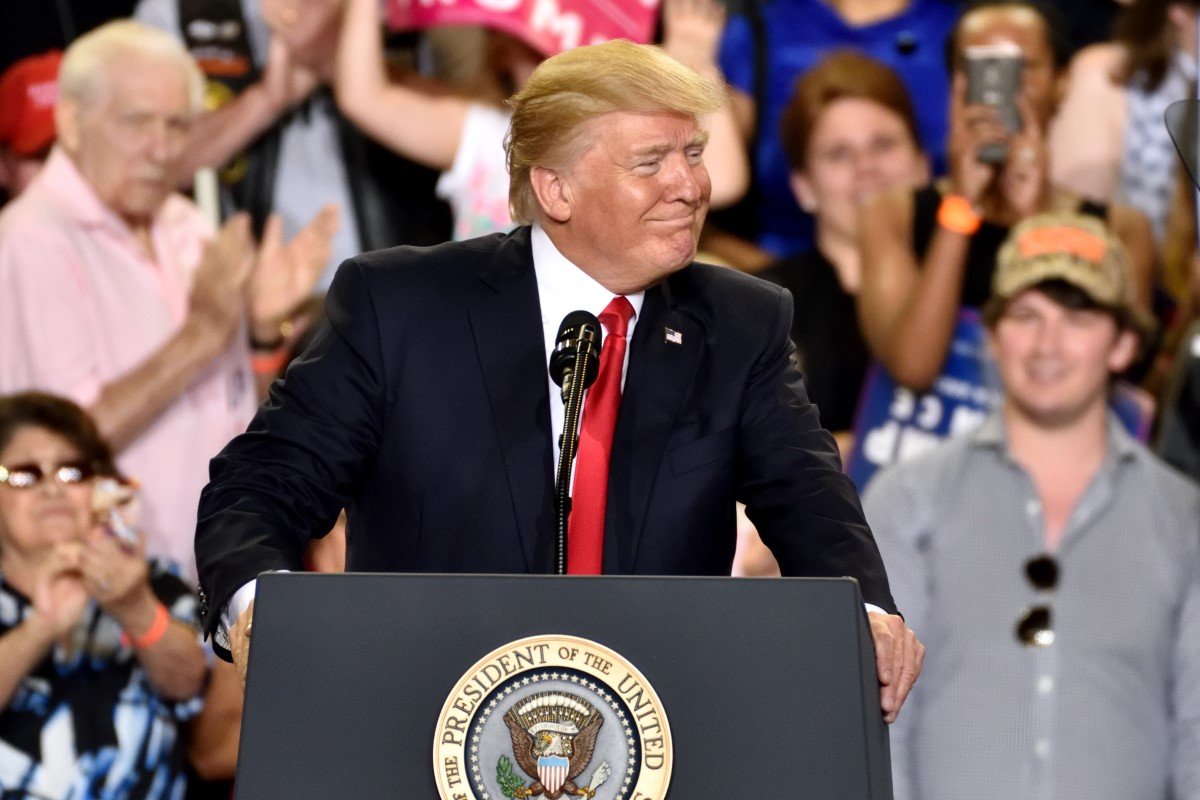London made limitations to people who live in different households from meeting each other indoors. It happened less than ten days ago. The aim is to stop coronavirus fast spread.
Sadiq Khan is a London Mayor. He told the London Assembly that nobody wants to see more restrictions. Nevertheless, that is deemed to be necessary to protect the lives of Londoners.
Taking away the welcome mat is vital for cutting off the path of the coronavirus. From the starting of the pandemic countries, states, cities, and pandemic have banned each other and after that, eight months into lockdowns led to fatigue and immense stress among people.
The path toward recovery is inherently antisocial. Thus, it runs counter to how to conduct their business, live lives, and interact. That unwelcome policy has already harmed economies, families, and societies. Moreover, it has the potential to lead to a tectonic shift in how the world functions in the foreseeable future.
Some people worry that this moment strengthens the hand of nationalism. Moreover, they say that it was rising before the pandemic. Coronavirus is accelerating the changing relationships between countries.
Coronavirus
Last four years, the United States President Donald Trump’s strategy of ‘America First’ increased tensions between the United States and the rest of the world, and specifically between the US and China. It was already leading the path to friction in the smooth supply-and-demand economic chain. It was already the hallmark of an interdependent global world. Nevertheless, the self-isolation amid the coronavirus might mean the end of globalization.
Robin Niblett works at the think tank Chatham house. He is the director of it. So, Niblett said in a Foreign Policy article that the coronavirus pandemic might be the straw that breaks the camel’s back of economic globalization.
The global supply chain, specifically, is very much at risk. Tax deductions in the United States are designed to bring back jobs in auto manufacturing, electronics, medical supplies, and pharmaceuticals. In the last few years, It has led companies to invest heavily in production in the US.
Robard Williams is Moody’s Investors Service Senior Vice President. He said that the needs that surfaced amid the pandemic to bolster supply chain resilience could further accelerate such moves.
The entire economy of the world has shrunk dramatically. The pandemic delivered the most severe blow to the United States economy after the Great Depression. It is because gross domestic product collapsed, and millions of jobs were lost.
Richard Clarida is the vice-chair of the Federal Reserve. He noted in a speech that recession is by far the deepest one in postwar history.













